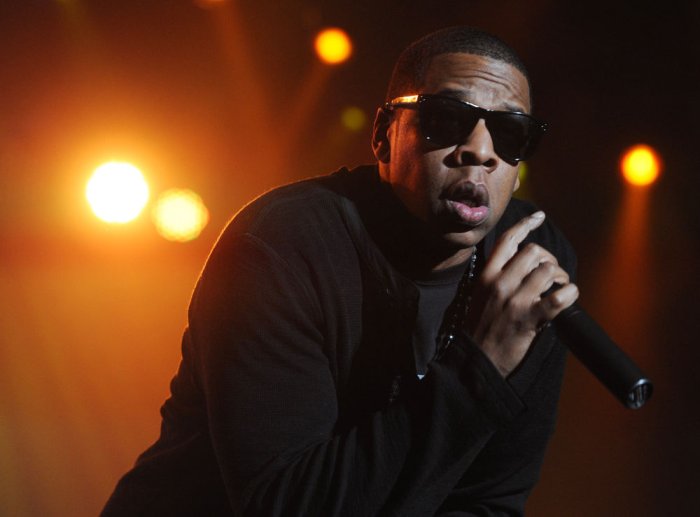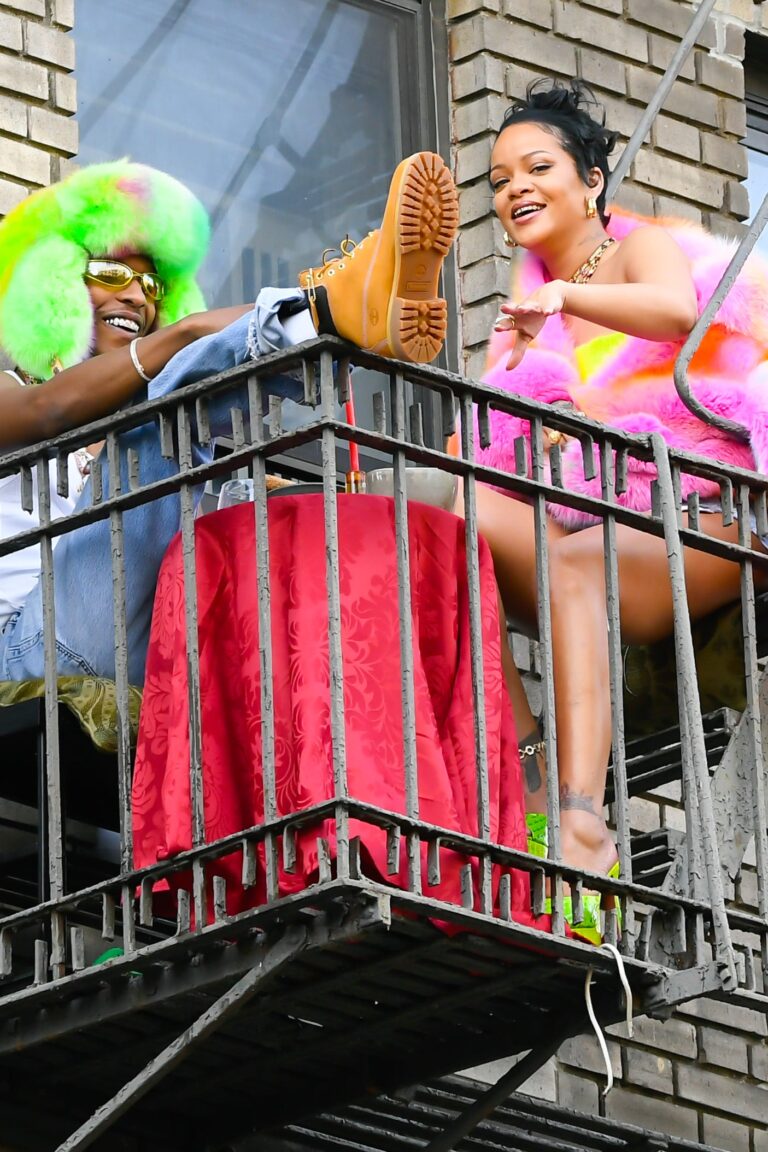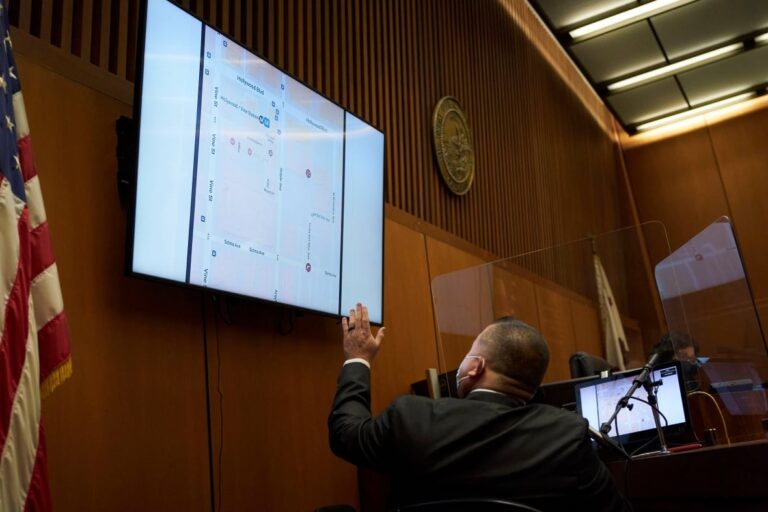
Audience
- Sentiment: Neutral
- Political Group: Varied
- Age Group: 18-34
- Gender: All genders
Overview
- Jay-Z and Diddy faced serious allegations from a woman who withdrew her lawsuit, casting shadows on their legacies.
- The article discusses the complexities surrounding legal accusations in the entertainment industry, including power dynamics and public perception.
- Social media’s role in shaping opinions and the impact of movements like #MeToo are highlighted as factors in the conversation about fame and justice.
The Complexities of Fame: Understanding Allegations Against Jay-Z and Diddy
In the world of music, especially in genres like hip-hop, artists can become iconic figures. Jay-Z (Shawn Carter) and Diddy (Sean Combs) are two of the most recognized names in the industry. Over the years, they have produced Grammy-winning albums, launched successful careers, and built empires that quiet a lot of dreams. However, alongside their triumphs in music and business, both men have faced serious allegations that bring light to some darker aspects of fame and power.
Recently, a woman from Alabama decided to withdraw a civil lawsuit against Jay-Z and Diddy. This lawsuit stemmed from an incident that allegedly took place more than two decades ago in 2000 at an MTV Video Music Awards after-party. The woman claimed that she was raped when she was only 13 years old. This is a heavy accusation, one that carries a lot of weight not only for the accused but for the person making the claim. In a world where social media can quickly turn stories into global news, it’s important to approach such sensitive subjects with care and seriousness.
When the lawsuit was first filed back in December, it sent shockwaves throughout the music industry. Jay-Z responded to the allegations by vehemently denying them, labeling the lawsuit a “fictional tale.” After the dismissal of the case, he celebrated this outcome as a victory. For Diddy, the dismissal of the lawsuit appeared to affirm his stance that the other legal issues he is currently facing, including federal sex trafficking charges, are also unfounded. Both men strongly criticized Tony Buzbee, the attorney representing several accusers against Diddy, implying that he may be motivated more by financial gain than by a genuine pursuit of justice.
But what does this situation really mean? Why do such allegations arise, and what impact do they have? To better understand this, we need to dive into several layers of this complex scenario.
The Background of the Allegations
It’s important to grasp the environment surrounding allegations like these, especially in the entertainment industry. Many fans idolize their favorite musicians and see them as larger-than-life figures. We might think of rappers as living a glamorous life filled with parties and fun, but it is also a space where power dynamics can play a huge role. These dynamics can sometimes lead to troubling situations, particularly for younger individuals who might find themselves in vulnerable positions.
It must be noted that claiming harm can be a therapeutic step for some individuals. For many, coming forward about traumatic experiences takes immense courage. It’s not just about seeking justice; it’s also about reclaiming one’s narrative. For the individual who filed the lawsuit, withdrawing it might indicate numerous factors: fear of public scrutiny, a desire for privacy, or even a change of heart regarding how she wanted to move forward.
The Reactions
Both Jay-Z and Diddy have taken strong stances against the allegations. Jay-Z’s reaction reflects a passionate defense typical of someone accused of serious wrongdoing. Labeling the claims as a “fictional tale” signals a desire to protect his reputation. This reaction is common among public figures because their brand and legacy are often built on their public persona. For someone like Jay-Z, whose career spans decades, being accused of something so damaging can alter how fans perceive him.
On the other hand, Diddy, who is currently dealing with more significant legal troubles, also expresses relief in the dismissal of this particular case. His criticism of Tony Buzbee raises questions about the ethics of lawyers who take on high-profile cases. Some might think these lawyers are merely seeking fame or profit rather than acting in the best interest of their clients. This perception can lead to broader distrust in the legal system, especially around sensitive topics like sexual assault.
The Bigger Picture: Power, Wealth, and Justice
Cases like these shine a light on some important issues, particularly how power dynamics operate in society. Jay-Z and Diddy are not just musicians; they are wealthy and influential figures. With this power comes the ability to hire high-profile legal teams, which can complicate the pursuit of justice for those who may be seeking it against them. Wealth and fame can oftentimes shield individuals from the repercussions of their actions.
In recent years, movements such as #MeToo have encouraged survivors to speak out against their abusers. This social shift is crucial for fostering an environment where individuals feel supported in sharing their experiences. However, the complexities in the legal system and societal perceptions can still make it difficult for victims to come forward and achieve justice.
Moreover, the culture surrounding hip-hop adds an extra layer of complexity. Often, artists in this genre are celebrated for their authenticity and real-life experiences, yet when they are faced with serious allegations, the reactions can become polarized. Fans often find themselves torn between their admiration for these artists and the harsh reality of the allegations against them.
The Role of Media and Social Platforms
Social media plays a significant role in shaping public perception. A high-profile lawsuit can dominate headlines and spark debates across platforms like Twitter, Instagram, and TikTok. Fans express their thoughts and opinions, often without knowing the full story or the intricate details behind it.
This instant access to information can sometimes lead to misunderstandings or hasty judgments. While it is vital to discuss and analyze these allegations, it’s equally important to approach them with sensitivity. Investing time in understanding the context and the experiences of those involved can lead to more informed discussions, rather than jumping to conclusions.
Conclusion: An Invitation to Connect
The situation surrounding Jay-Z and Diddy is just one example of the multifaceted issues involving allegations of this nature in the entertainment industry. It leads us to question how power, fame, and justice intersect and influence each other. As teenagers, grappling with concepts of right and wrong, justice, and the complexity of human interactions is part of growing up.
Fame can bring not just accolades and admiration but also serious scrutiny and consequences. It invites a dialogue on how society treats those who are accused and those who come forward with claims.
What do you think about the allegations made against Jay-Z and Diddy? How do you feel about the way celebrities deal with claims against them? Share your thoughts in the comments below! Your perspective matters, and we’d love to hear from you!






